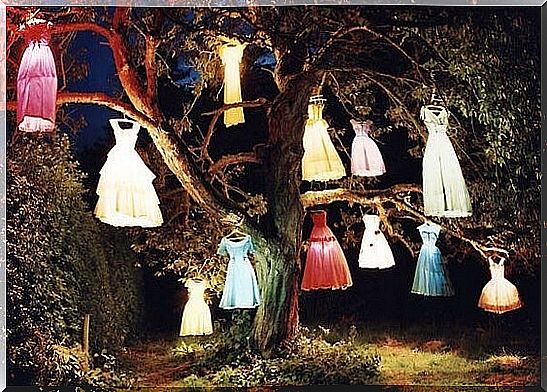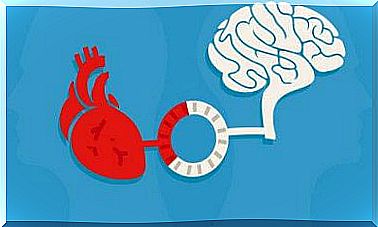3 Types Of Psychological Poison That Can Harm One’s Home

A healthy home is perhaps one of the most important factors that makes us psychologically strong. The opposite can also happen: a sick home makes us more vulnerable and prone to illness in the mind and body. But there are also different types of psychological poison in the home.
The word ‘home’ does not just refer to the typical family with a father, mother, a couple of children and a dog. Home is the place we live and we can share it with siblings, friends, parents or even a pet and guests.
The quality of the bonds constructed in that home is the key to our emotional health. Where there is cohabitation, there is also conflict. But in the home in particular, we should not open the door to any type of behavior that can turn into real psychological poison. We want to emphasize three of these toxic behaviors that should never step in through the front door of our house. And they should definitely not live inside it.
Psychological poison # 1: shouting at home makes it hell
The bad thing about shouting is that it starts out as something uncommon, but over time, tolerance for it builds. Eventually, it ends up being a habit. And to a greater extent if someone reinforces the behavior. It happens without you noticing it. Today you shout because you are frustrated that others do not understand what you are saying. Tomorrow you shout because others understand you a little too well. Or because you think no one listens when you do not shout.
In the very act of shouting, which is more annoying than offensive, a poisonous seed is planted; the seeds of violence. Shouting becomes a normal conflict in a psychologically harmful situation. It is an act that seeks to exercise power. It is a way of corrupting the true purpose of the word.
Speaking gently can also become a great habit. Failing to shout and not letting them shout at one can give strength to cohabitation. It can increase self-esteem, self-respect and self-control. “Here we do not shout” should be a basic rule in all homes.
Psychological poison # 2: lack of boundaries
A large part of a healthy cohabitation is about being able to respect the space of others. When we say ‘space,’ we are not just talking about physical space that belongs to someone. But that’s where it starts.

There must be total respect for the belongings of others and for the areas that are part of their personal space. In the same way, it is important that all persons clearly mark these boundaries and make sure that everyone knows about them. There may even be some that can and should be negotiated. Now is the time to do it. Everyone deserves a personal space and the right to be independent in it. They must be able to trust that others do not exceed this limit.
In respecting physical space, we also learn to respect other people’s privacy. Regardless of one’s cohabitation with others, they have their own life. And we should only step into the psychological space of others if they invite us in. We all have the right to our silence, secrets and beliefs.
Psychological poison # 3: lack of balance in responsibility
Every home has a number of duties that are not particularly fun but necessary to perform. We are talking about domestic duties. The home has different mechanisms for its functionality and maintenance. The electricity, the water supply, electrical appliances, etc., should all work. We will have to keep clean and maintain our physical space and all its parts.

Cohabitation becomes much healthier when we agree on how to distribute the duties. Sometimes it is impossible to distribute these activities evenly, but it is a task to be performed. And that is exactly what agreement is for. Duties must be distributed fairly. The most important thing, however, is to get them done.
It is essential that all parties in the home take responsibility when it comes to it. It provides solidarity, cooperation and respect. It makes everyone’s life easier and gives everyone a sense of being valued. It also reinforces the idea that in all collectives there are tasks that must be performed for our own sake and for the sake of everyone else.
People sometimes compare the home to a temple, and for good reason. If we honor it, it will certainly be a source of inspiration that radiates into every other social space we participate in. If we neglect or damage it, then it may become the first link in the chain of a wide range of personal disasters. .









